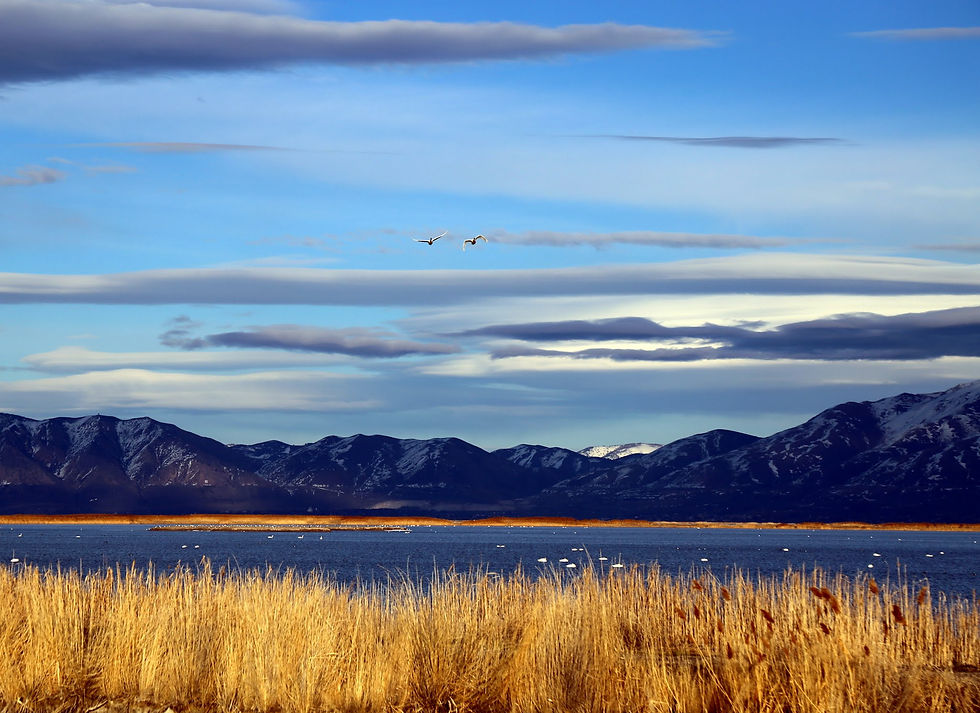Filling a gap
- Kirsten Allen
- Oct 5, 2015
- 2 min read

We live in a gorgeous spot on a beautiful planet that teeters at a tipping point. Human-caused problems threaten land and sea environments everywhere. Problems like global warming, ocean acidification, and public lands mismanagement. Many of the problems persist because our culture is unaware or uninspired. There is nothing like story to create awareness and understanding, empathy and passion. And there is nothing like a book to tell a good story. Books are personal. Books are interactive. Books are demanding. And books are still important. We all can think of a book that left us transformed. The land, the environment, and our culture need transformative books now more than ever.
Today, no other nonprofit literary press has a dedicated focus on conservation via both fiction and literary nonfiction. It takes a village to do conservation and a nonprofit literary press like Torrey House Press can fill a gap in the literary ecosystem necessary to create, support, and sustain the village. Torrey House identifies exceptional writers and nurtures their work. We publish diverse voices with transformative stories that illuminate important facets of our ever-changing planet. We engage collaboratively with conservation non-governmental organizations to identify current conservation issues, match authors to the issues, and create books that support their conservation cause. We work with the book trade, including libraries, bookstores, colleges, and state agencies to promote writers’ works. We sponsor writing workshops and author conferences to bring authors together with citizens, scientists, and activists in order to create and inspire new voices and new works. We employ interns to help develop the change makers of tomorrow. And we do this work with the input and support of a dynamic and diverse board of directors and advisers.
At Torrey House Press, we believe that culture is changed through conversation and that lively contemporary literature is the cutting edge of social change. We believe that by building and engaging community in the conversation of conservation, we make our contribution to, as Wallace Stegner hoped for, a “society to match the scenery” and a scenery that is here to stay.
Comments